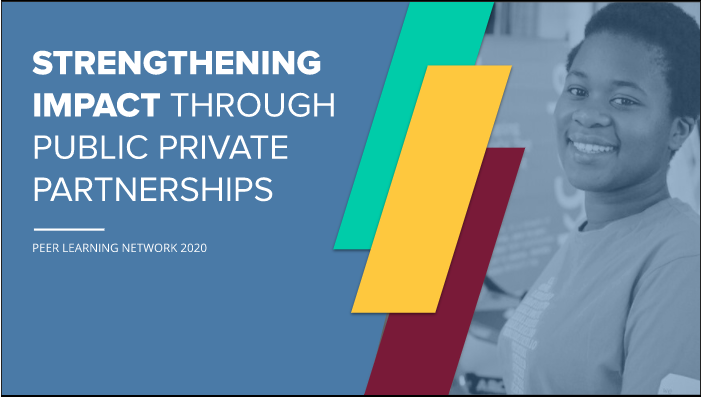Autonomous airship logistics company, Cloudline, took top honours at the inaugural Fast Company SA Most Innovative Companies Awards held in Cape Town. The event was held to acknowledge and celebrate South African ingenuity and complements the on-street edition of the magazine in which all 25 top nominees will be featured.
Cloudline was launched in 2017 and has gone on to grab world attention for its innovative approach to delivering essentials to people without access to all-weather roads (or any roads at all).







